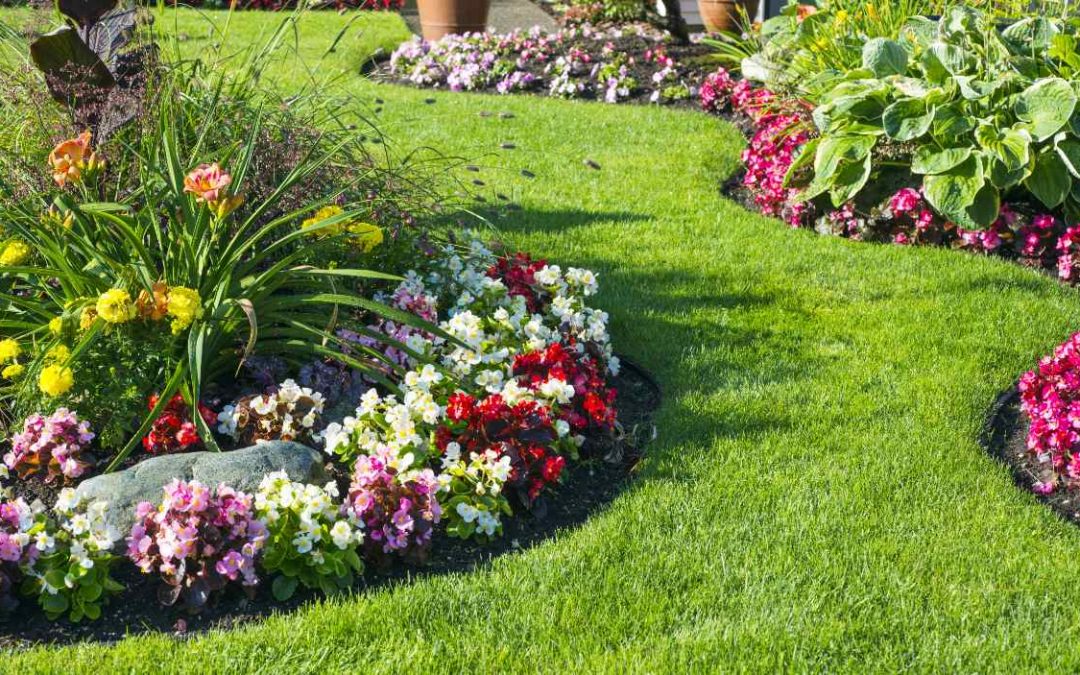Sustainable lawn care is becoming increasingly important as homeowners seek to reduce their environmental impact while maintaining beautiful outdoor spaces. Traditional lawn care methods often involve excessive water use, chemical fertilizers, and pesticides, all of which can harm the environment. By adopting eco-friendly practices, such as watering wisely, choosing native plants, and using natural fertilizers, you can create a healthy, vibrant lawn that benefits both your home and the planet. This guide provides practical tips for cultivating a sustainable lawn that supports the environment.
Water Wisely
One of the most significant impacts of traditional lawn care on the environment is water usage. To reduce water waste, water your lawn deeply but infrequently, early in the morning to reduce evaporation, and consider installing a rain barrel to collect rainwater for use in watering your lawn.
Choose Native Plants
Using native plants in your lawn and garden not only reduces the need for water but also provides habitat for local wildlife. Native plants are adapted to the local climate and soil conditions, making them more resilient and requiring less maintenance overall.
Mow High
Maintaining your lawn at a higher height (around 3 inches) encourages deeper root growth, which helps your lawn withstand drought and reduces the need for frequent watering. It also shades the soil, reducing evaporation and weed growth.
Use Natural Fertilizers
Instead of chemical fertilizers, consider using natural alternatives such as compost, manure, or organic fertilizers. These not only provide nutrients to your lawn but also improve soil health and reduce the risk of chemical runoff into waterways.
Reduce Lawn Size
Consider reducing the size of your lawn and replacing it with native plants, wildflowers, or a vegetable garden. This not only reduces water and chemical usage but also provides additional benefits such as food production and habitat for pollinators.
Practice Integrated Pest Management (IPM)
Instead of relying on chemical pesticides, use an integrated pest management approach to control pests in your lawn. This includes using natural predators, traps, and cultural practices to manage pests while minimizing harm to the environment.
Embracing sustainable lawn care practices not only reduces your environmental footprint but also enhances the health and beauty of your outdoor space. By watering efficiently, incorporating native plants, mowing at a higher height, using natural fertilizers, and reducing your lawn size, you can make a positive impact on the ecosystem. Additionally, practicing integrated pest management helps protect local wildlife and waterways. With these eco-friendly strategies, you can enjoy a lush, sustainable lawn that contributes to a greener future.

